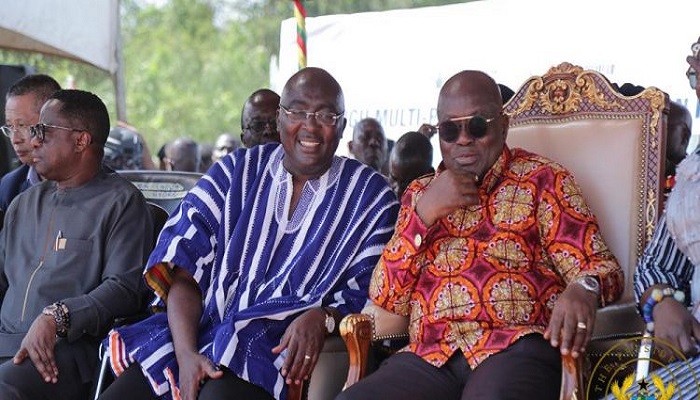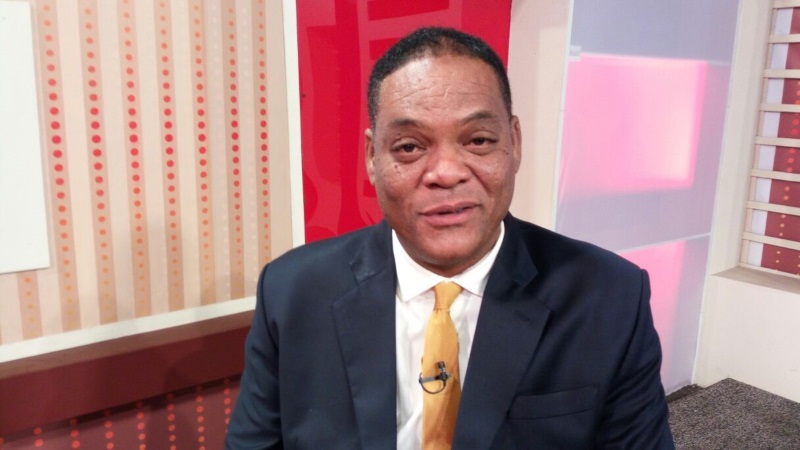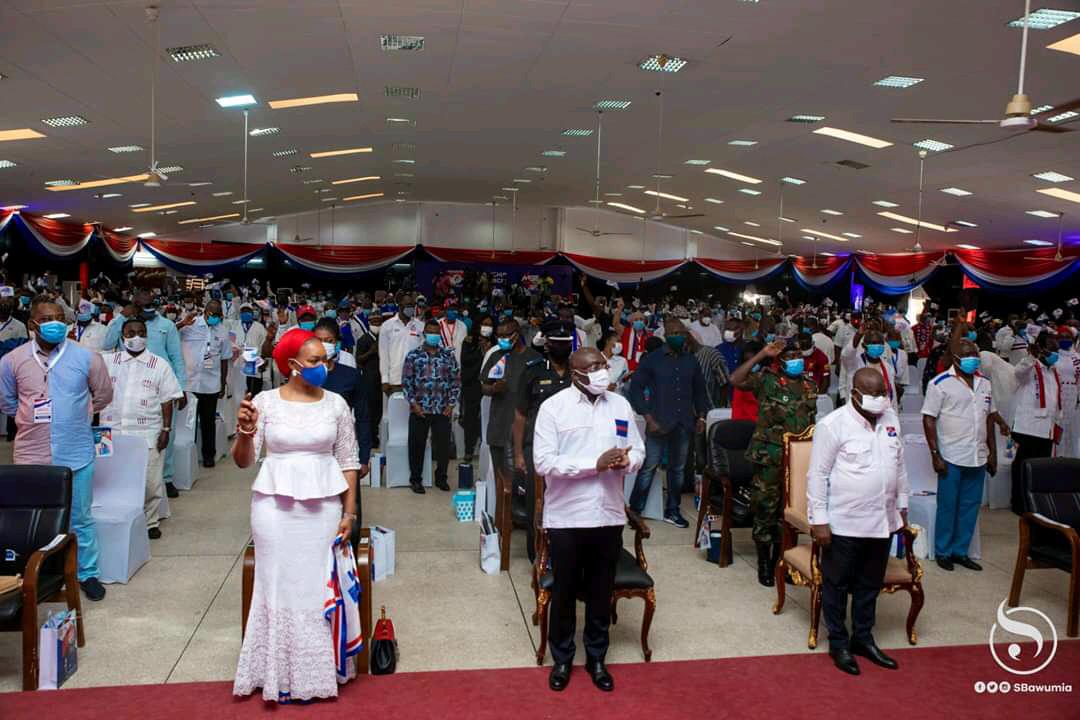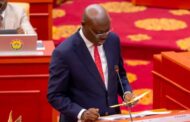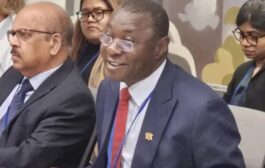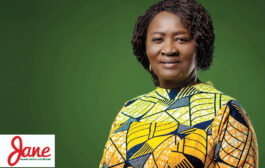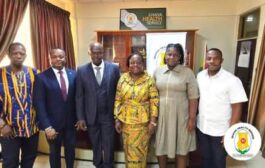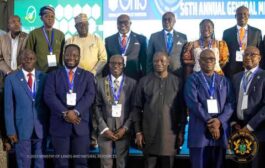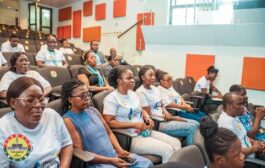The New Patriotic Party(NPP) has said through the Zongo Development Fund, in collaboration with GETFUND, will build 16 model Senior High Schools in Zongo communities across the 16 regions of the country in its next administration.
The New Patriotic Party (NPP) Saturday unveiled its Manifesto for the December 7, 2020, general election.
The document, dubbed “Leadership of Service: Protecting our Progress, Transforming Ghana for All”, is geared towards consolidating the gains made during the period of the NPP government in office and throws light on the party’s plan to keep the country on the path of socio-economic development.
What the NPP intends to do in the Education sector:
• consolidate the implementation of the Free SHS and Free TVET programs
• continue to increase the manpower resources and teaching facilities, including the use of ICT teaching aids, of public tertiary institutions to support the expected increases in student population from the Free SHS graduates
• make sure no student who has obtained admission to a tertiary institution is denied access because they are unable to pay fees. We will provide all such students, except teacher and nurse trainees who are paid allowances, an option to obtain a student loan:
• without the requirement of a guarantor for the loan, provided he or she has a National Identification Number from the GhanaCard, and
• defer repayment of the loan after National Service plus an additional one-year grace period
• implement the US$219 million Ghana Accountability for Learning Outcomes Project (GALOP) to improve the quality of education in 10,000 low performing basic education schools across all 260 districts and strengthen education sector equity and accountability in Ghana
• learning grants will be disbursed to the targeted schools as a top-up to the capitation grant.
• the program will provide support and resources for teachers, support for school management, accountability systems, and monitoring and evaluation
• about 2.3 million pupils and 76,000 teachers from the targeted schools will benefit directly from the project
• put in place a comprehensive National Teacher Policy and implement a National Digital Literacy Project for teachers
• the benchmarks will include teachers’ standards and professionalism, teacher education and continuous professional development (including digital literacy), working conditions, recruitment and retention, career structure and pathways for progression, recognition and reward system, accountability, school governance, social inclusion, and social dialogue
• train and employ more teachers for Early Childhood Education, Primary, French, STEM, TVET, Special Needs and other areas as needed
• reduce the number of out-of-school children in Ghana by providing a uniform identification and tracking of every student
• establish a national Knowledge and Assessment Bank, a comprehensive digital library to allow all Ghanaian students/learners access to learning materials and also provide a repository of assessment tools for assessing learning by teachers and instructors
• deepen the implementation and use of the iCampus portal which provides free access to educational content for the core subject areas to all SHS students
• continue to provide a 24-Hour dedicated television channel for the delivery of lessons on the GBC Digital Terrestrial TV (DTT) platform and the National DTT platform as a Free-to-Air Broadcast
• implement a robust state of the art Learning Management System (LMS) to enable teachers to create supplementary content and deliver online instruction and assessment
• provide Made-in-Ghana digital devices pre-installed with digital content for SHS students and teachers
• complete the provision of free Wifi at all senior secondary schools and public tertiary institutions and training colleges
• complete the implementation of the 5-year Strategic Plan on TVET and establish a national Skills Development Fund
• increase resources and infrastructure for special needs education across the country
• expand infrastructure to increase access to professional legal education
• continue with our infrastructure development program across all levels of the education sector, and
• implement the existing Inclusive Education Policy, by establishing, revamping, or equipping regional special education assessment centers to facilitate early and accessible assessment for children who may have special education needs.
Source: Mybrytfmonline/Kofi Atakora



